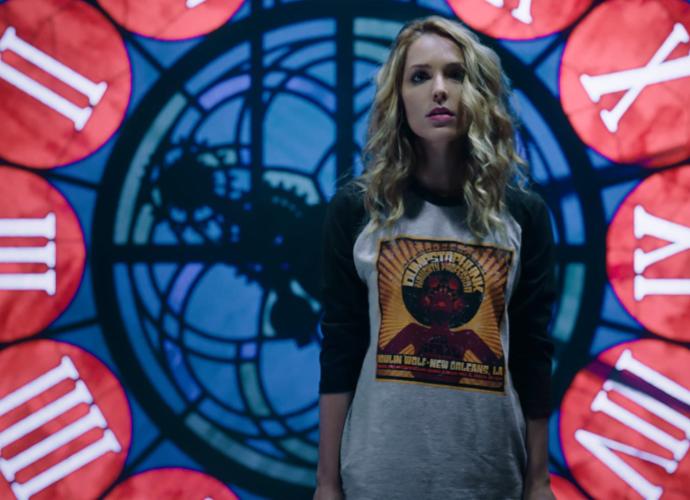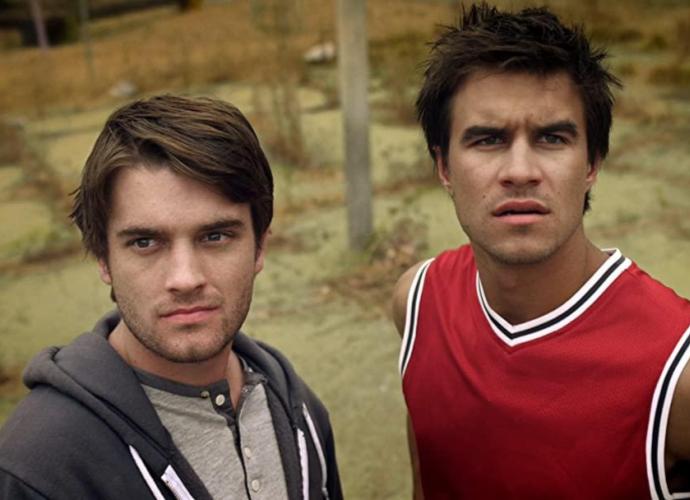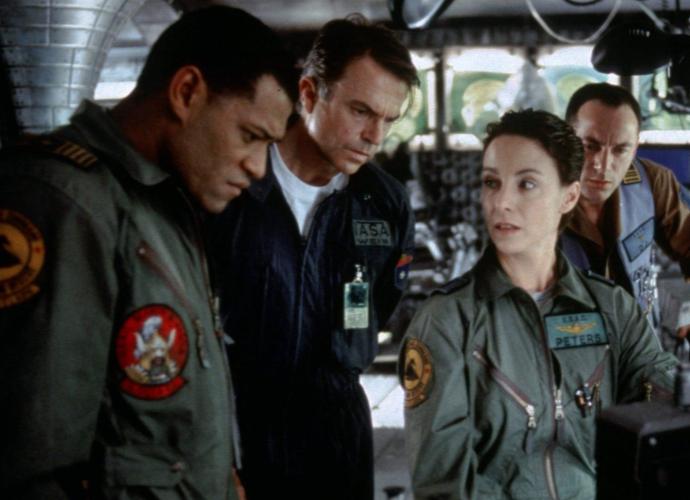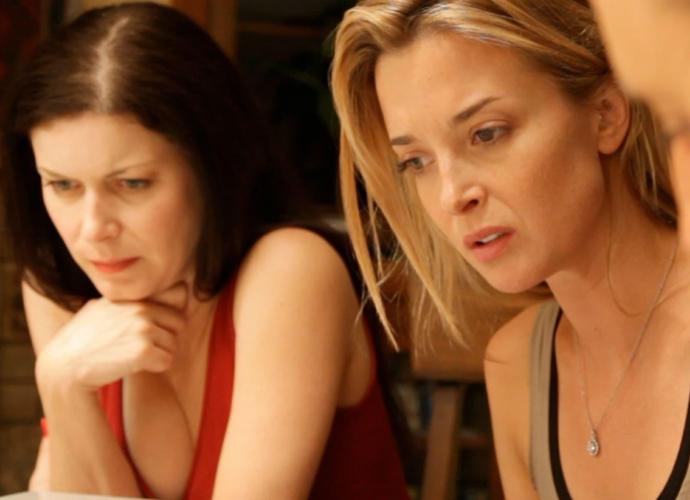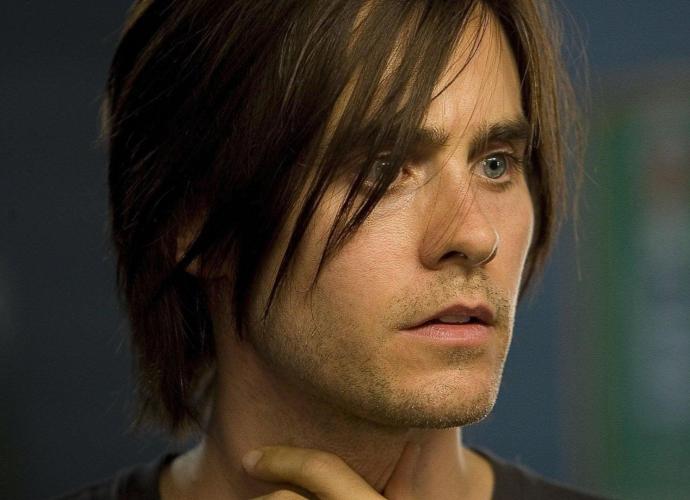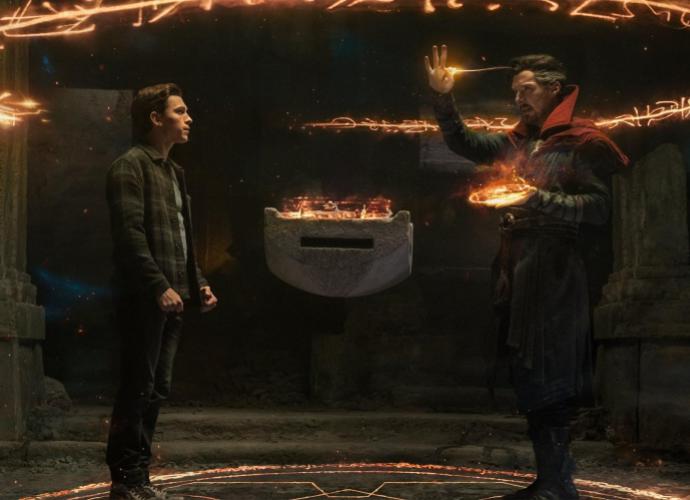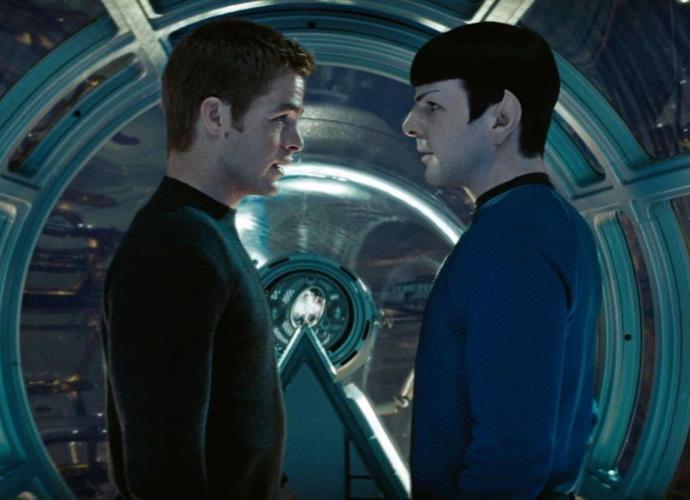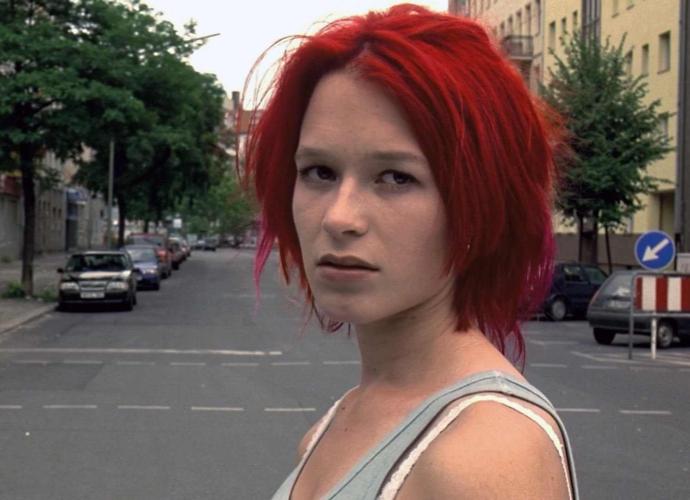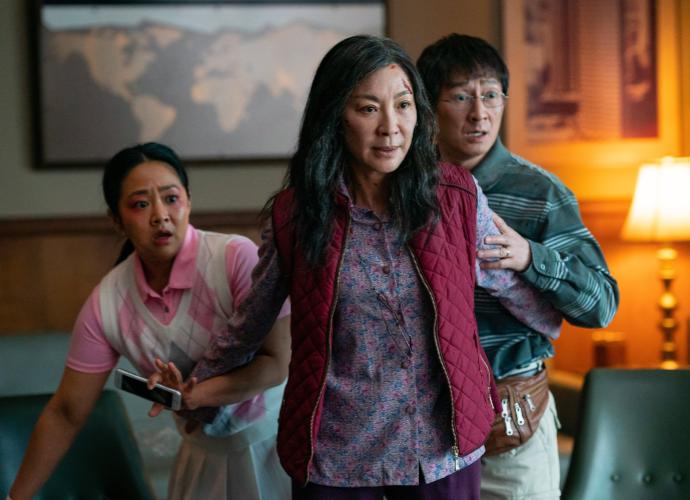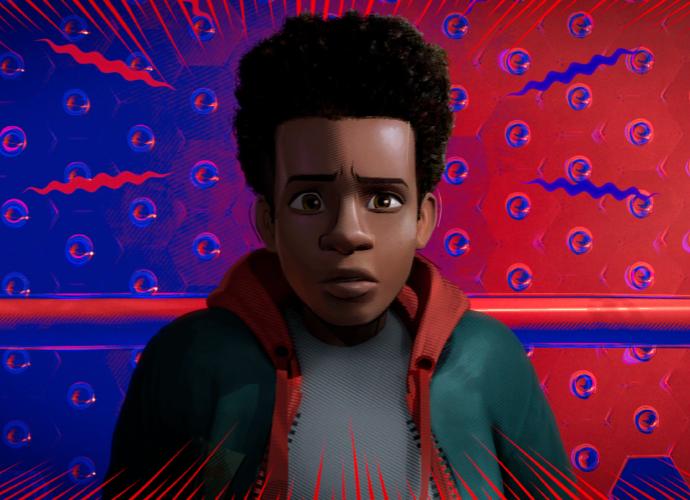Those other universes may differ in origin, physics, or biology, but overall they represent dimensions and realities that are akin to ours. There have been countless multiverse depictions of all different kinds. At times, those multiverses only exist to bridge popular IPs together. Other times, they offer deep commentary on life. And other times, they unleash bizarre worlds that know no limits or logic. Here are the best multiverse movies of all time that are written well, uniquely imagined, and sure to twist your mind.
10. Happy Death Day 2U (2019)
The first Happy Death Day tapped into the familiar trope of time loops. The second film continues that setup but doubles the kills and the insanity. Once again, it follows Tree (Jessica Rothe) who gets trapped in yet another time loop and must search for a way to escape her new reality. While not as fresh as the razor-sharp first, Happy Death Day 2U still packs creative scares and twists that make it fun. The sci-fi angle behind Tree’s time loop dilemma fits well and opens up fun possiblities of many other alternate universes for Tree.
9. John Dies at the End (2006)
In order to be creative about multiverses, you can’t limit yourself with regard to what kinds of crazy, insane, and irrational things might actually happen when one universe collides with another. Fortunately for us, the cult classic John Dies at the End understood that—and took that challeng to heart, seeking maximum bizarreness. This horror comedy finds two slacker friends, Dave and John, in a dimension-hopping adventure that—after one of them takes a powerful street drug—leads them to saving the world. The entire experience is absolutely bonkers, from the horrific aliens to the bloody kills. Even Paul Giamatti is a total maniac here!
8. Event Horizon (1997)
Here’s an oft-overlooked gem of sci-fi horror. Event Horizon centers on a crew of astronauts who are searching for a missing spaceship called the Event Horizon. What they find is… unspeakable, really. Event Horizon stars Laurence Fishburne, Sam Neill, and Joely Richardson as crew members of the rescue ship Lewis and Clark. Despite production setbacks, Event Horizon pulled off a genuinely horrifying film unlike any other at the time. You go into it expecting Alien levels of horror, only to be met with Lovecraftian nightmares. But one of the most memorable elements comes when Sam Neill’s Dr. Billy Weir explains the horrific traveling between universes with the words “fold the page, fold the space.”
7. Coherence (2013)
Coherence has a simple premise: when a group of friends have a dinner party, the passing of a strange comet causes them to experience a series of mind-bendingly disturbing occurrences. Director James Ward Byrkit wanted to tackle concepts like quantum mechanics, the many-minds interpretation, and Schrödinger’s cat. Yet, with his minimalist execution, Byrkit ends up delivering a character study that lets the eight friends explore the eeriness of their circumstances and examine the phenomena closely. Think of Coherence as a kind of Twilight Zone episode that’s grounded in reality and feels true-to-life despite the fantastical plot.
6. Mr. Nobody (2009)
In this sci-fi cult classic, Jared Leto plays a 118-year-old man who—with fading memory—looks back on his life and the decisions he took, mainly with his three main loves and his divorcing parents. Through this retrospection, Mr. Nobody represents multiple realities via the life of Nemo Nobody, and the nonlinear narrative that jumps from one phase to another makes it that much more intriguing. While Mr. Nobody is somewhat confusing if you aren’t ready for it, the absorbing visuals and futuristic setting are worth the experience. But as an exploration of life’s “what-ifs”? Mr. Nobody is an unmatched emotional rollercoaster multiverse ride.
5. Spider-Man: No Way Home (2021)
The Marvel Cinematic Universe has fully committed to the multiverse concept that first arose in Doctor Strange, Avengers: Endgame, and Spider-Man: Far From Home. It wasn’t until Spider-Man: No Way Home that this theoretical worldbuilding turned into concrete reality. Spider-Man: No Way Home has Peter Parker (Tom Holland) asking Dr. Stephen Strange (Benedict Cumberbatch) to conjure a spell that lets everyone forget his identity as Spider-Man. What ends up happening is that Dr. Strange opens up the multiverse that brings other Spider-Men and their foes to his world. The multiverse is really just a device for fan service, but it ends up working well here.
4. Star Trek (2009)
Star Trek embraces so many sci-fi tropes and concepts that it would take an entire article of its own to enumerate them all, but the most notable would have to be its use of a multiverse to reboot the franchise. 2009’s Star Trek sets up an alternate reality for the original USS Enterprise crew, with Romulan ruler Nero (Eric Bana) breaking into the reality of alternate-universe Captain Kirk (Chris Pine) and Spock (Zachary Quinto). Armed with a fresh Enterprise crew, Star Trek honors the legacy of the original while blazing its own path and carving its own identity. It’s far from perfect, but Star Trek is pretty good as far as reboots go.
3. Run Lola Run (2001)
Executing a cinematic multiverse can be trippy at best. The German classic Run Lola Run takes advantage of this with a compelling heroine and a high-concept premise. Run Lola Run follows the titular Lola (Franka Potente), who’s forced to find 100,000 Deutschmarks—Germany’s pre-Euro currency—in twenty minutes if she wants to save her boyfriend Manni (Moritz Bleibtreu). Director Tom Tykwer showed three different scenarios with Lola acquiring the money in different ways, and each scenario plays out with its own set of obstacles and threats. Lola’s agility and mental acuity are tested in each of the scenarios, and the tight runtime of 80 minutes gives us a thrilling story in which Run Lola Run embraces its sense of fun, tension, and insanity.
2. Everything Everywhere All at Once (2022)
Everything Everywhere All at Once blew away critics and audiences alike, a tour de force that brilliantly executed the multiverse concept in a genuinely unique way that felt entirely fresh. The film centers on a laundromat owner (Michelle Yeoh) who begins the story on a mundane note, struggling with taxes and an IRS audit. Soon enough, she’s taken on a mind-bending journey across multiple universes, each one featuring a different version of herself. Directors Dan Kwan and Daniel Scheinert saw the immense potential in this comic/cosmic premise, and they bravely dove deep into it while maximizing all of its most absurd elements. Yet, at its core, Everything Everywhere All at Once is simultaneously heartbreaking and heartwarming as we watch the cold-and-dead-inside Evelyn realize the love she has for her family.
1. Spider-Man: Into the Spider-Verse (2018)
If there’s one film that satisfyingly blends blockbuster filmmaking with smartly written mutiverse idiosyncrasies, it’s Spider-Man: Into the Spider-Verse. More than the MCU, more than the DCEU, more than the rest. The idea to make an animated continuity of the Spider-Man mythos seemed like a terrible one at first, but directors Phil Lord and Christopher Miller know how to twist franchises with cleverly executed shifts. What we get with Spider-Man: Into the Spider-Verse is a captivating origin story for Miles Morales, a most fun standout amongst all the different canonical versions of Spider-Man. The multiverse concept didn’t detract; instead, it fed into the character’s coming-of-age arc while delivering edge-of-your-seat action bolstered by insanely beautiful animation. Spider-Man: Into the Spider-Verse is a true marvel—not just an excellent multiverse movie, not just a flawless superhero movie, but one of the greatest movies of all time. Read next: The Best Origin Story Movies for Heroes and Villains, Ranked
